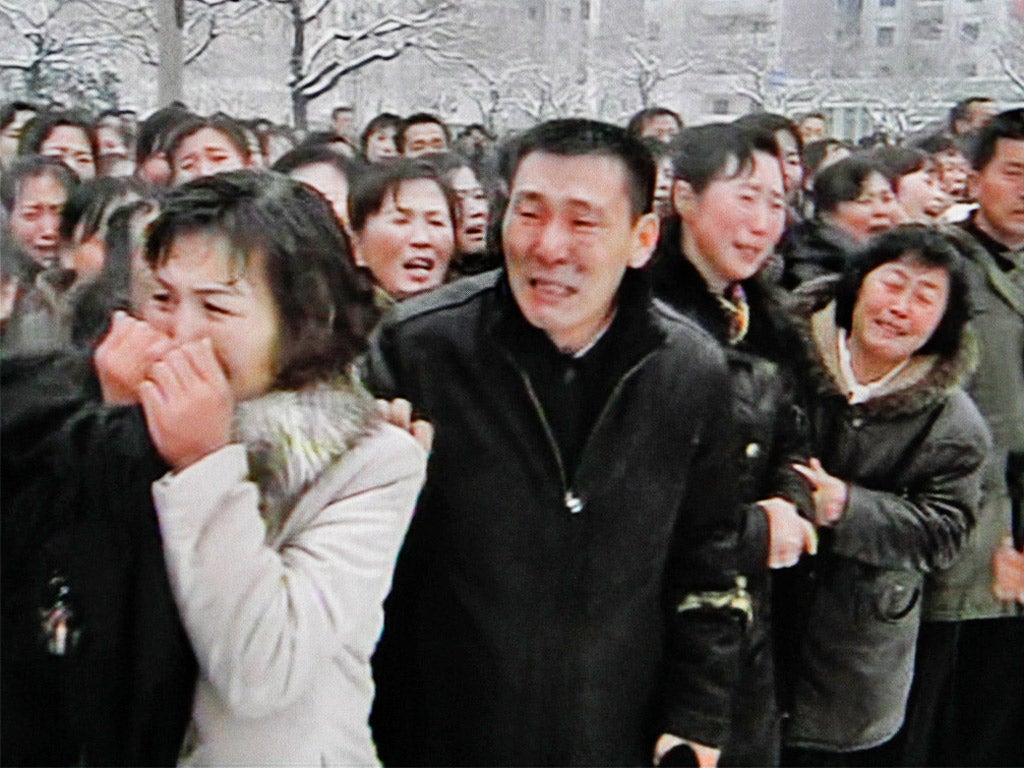Mary Dejevsky: Weeping and wailing – alien to us but not necessarily fake


The scenes of mourning beamed in from Pyongyang spoke of a response to death that is quite alien to the modern Western world. So alien, in fact, that the question was repeatedly asked: how much of it was real?
Behind the question lies the presumption that people could not have been genuinely moved by the death of a despot, so they must have been forced to fake it.
Maybe some did fear the consequences of not conforming, but such a view plays to today's Western preconceptions. The truth may be less reassuring.
Weeping, wailing and gnashing of teeth have expressed grief down the ages. Mourning such as that witnessed in Pyongyang is regularly seen, albeit on a smaller scale, as bodies are borne through the streets at Muslim funerals. Maybe it's the quilted coats and uniforms that make the North Korean outpourings strange.
From a Western perspective, a whole people may have been brainwashed into "loving Big Brother", but for North Koreans, Kim Jong-il was for 17 years their one protector against the unknown. Their demonstrative grief reflects the gulf an absolute ruler leaves behind. For a parallel, consider the contemporary accounts of Stalin's obsequies – another leader whose passing might more reasonably have been cheered.
Hundreds of thousands took to the streets, many weeping. They wept in the prison camps, too. Analytical observers divined shock, fear, adoration, hysteria, and, for some, the instinct to play safe. But, whatever was going on, the mourning was not fake.
Join our commenting forum
Join thought-provoking conversations, follow other Independent readers and see their replies
Comments
Bookmark popover
Removed from bookmarks